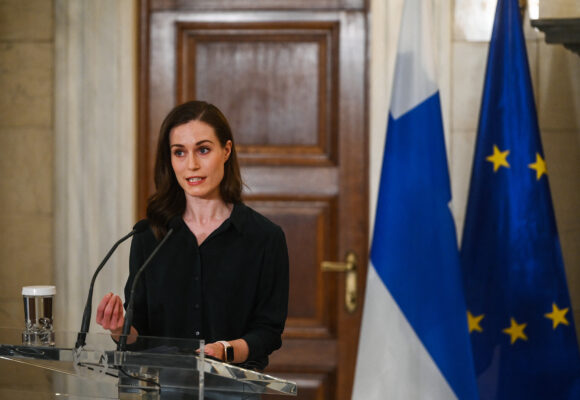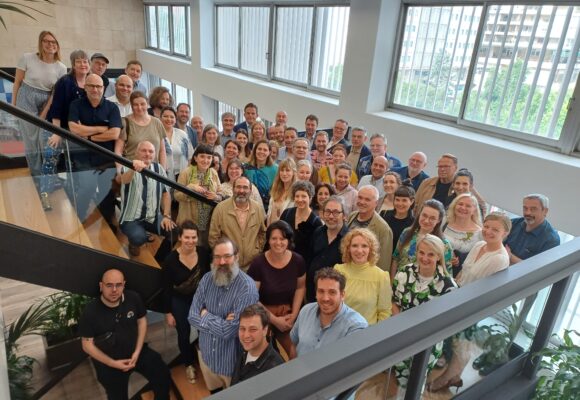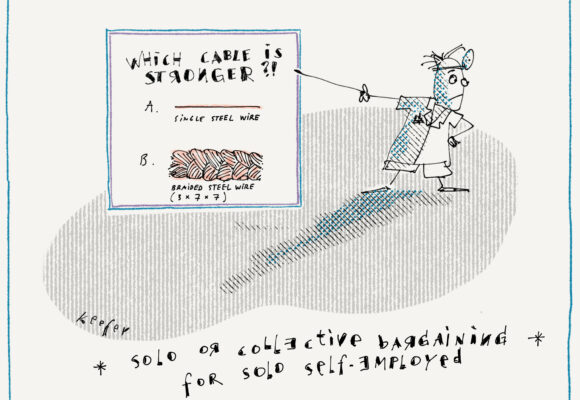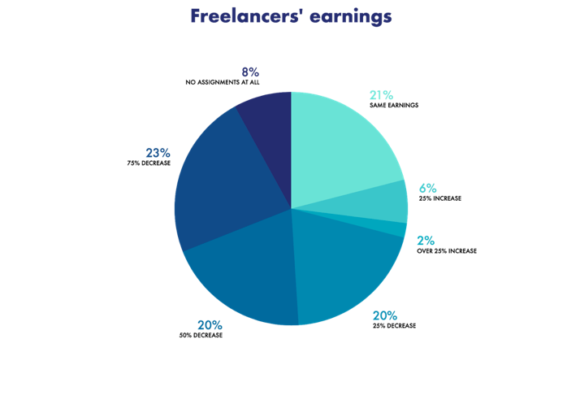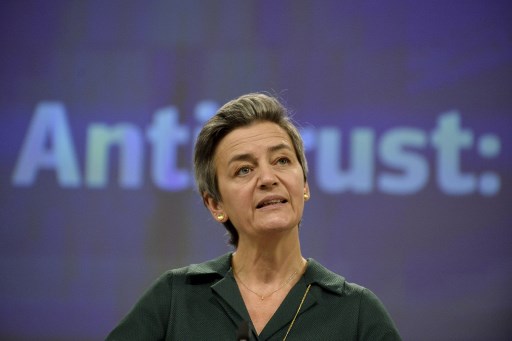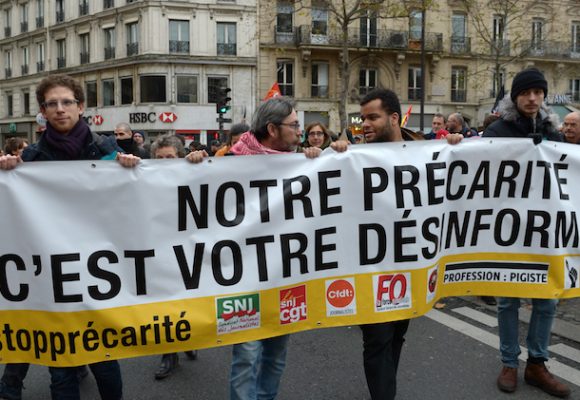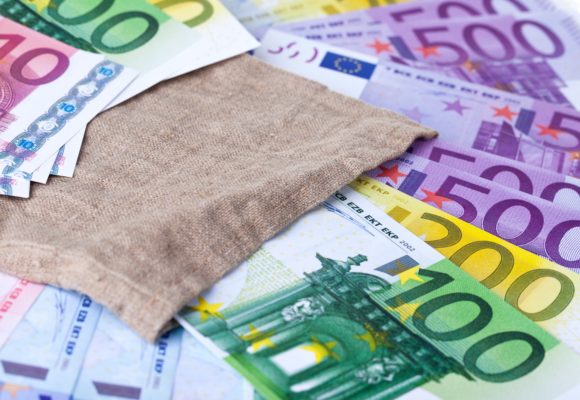Freelance journalists are most vulnerable with press under pressure in Europe
EFJ Freelance Expert Group (FREG) co-chairs, Renske Heddema (Dutch union of journalists – NVJ) and Oddrun Mitbø (Norwegian union of journalists – NJ) contributed to the open letter below, outlining the priorities of FREG. Freedom of the press is essential for all democracies. This freedom is now increasingly under pressure in Europe. Several developments underline the threats for journalists, especially freelance workers, who often stand out for their personal courage. EFJ Freelance Expert Group (FREG) members regularly participate in demonstrations calling for the release of imprisoned colleagues. The recent release of Julian Assange shows that the relentless fight from people…



